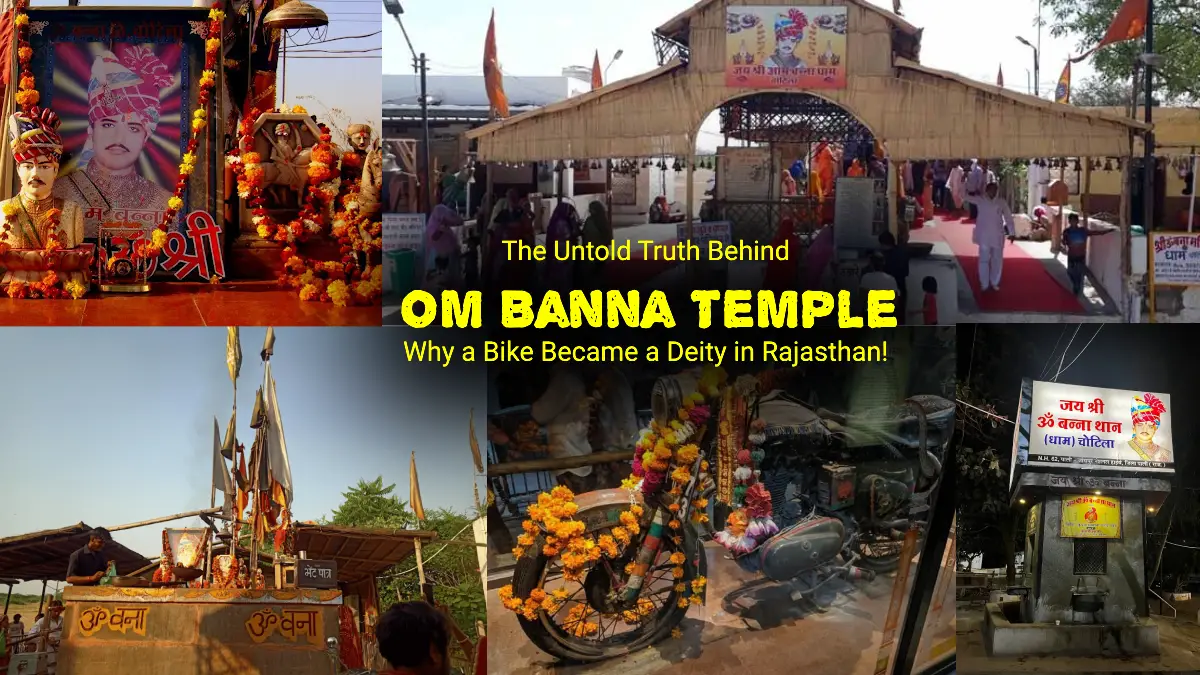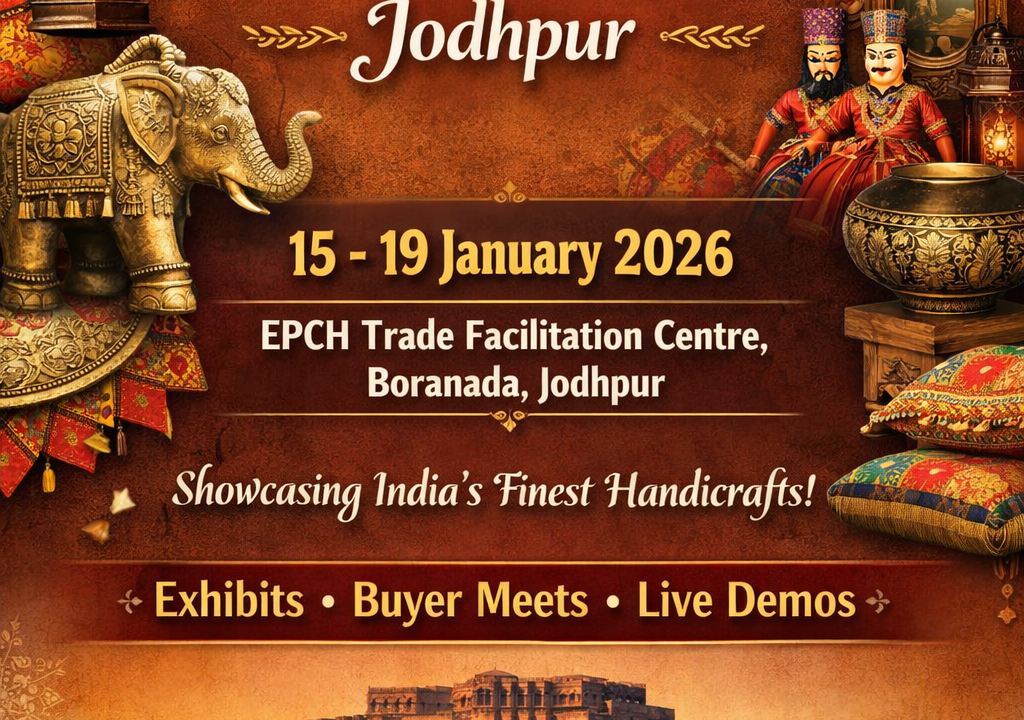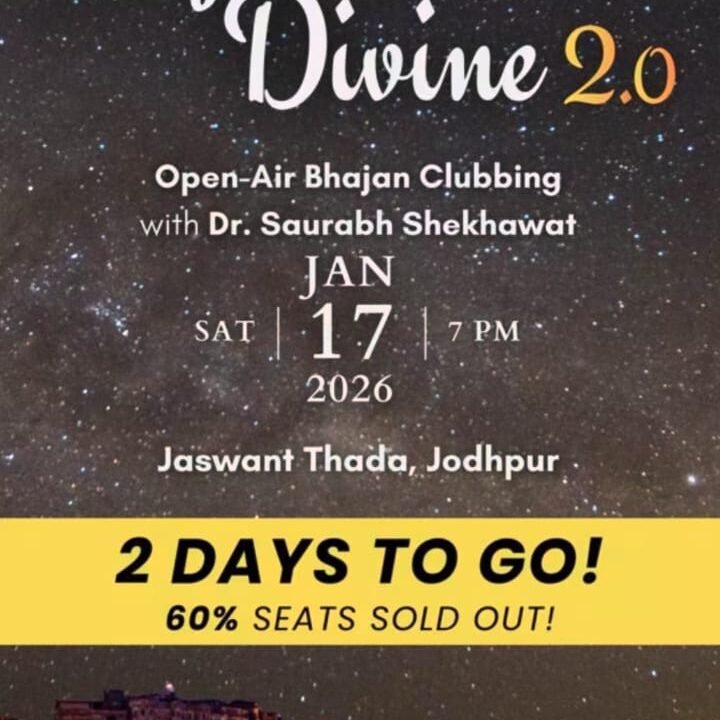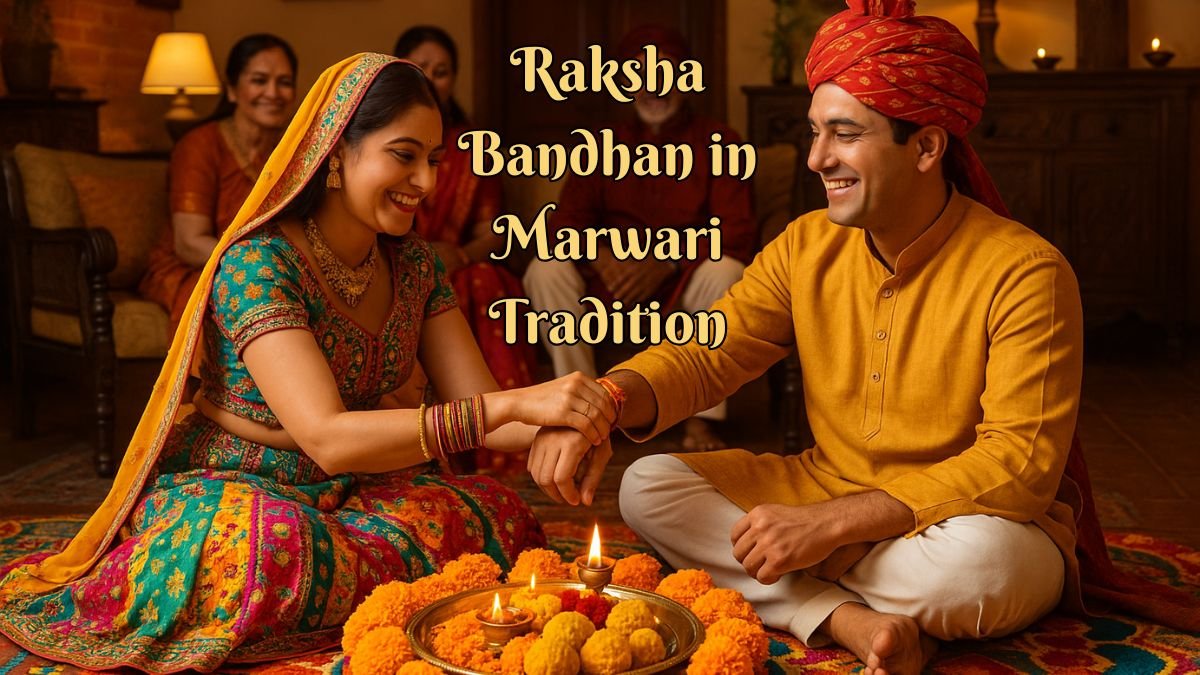Raksha Bandhan is one of the most cherished festivals in India. But among the Marwaris—an influential and deeply rooted community originating from Rajasthan—it holds a particularly sacred and elaborate place. For the Marwaris, this festival is not just a symbolic ritual; it’s a profound expression of love, duty, cultural pride, and familial unity. Rooted in centuries-old customs, their way of celebrating Raksha Bandhan is unique and deeply spiritual, yet also joyful and vibrant.
In this article, let’s take a closer look at how Marwaris celebrate Raksha Bandhan, the customs involved, the significance behind each gesture, and how they preserve this tradition even in today’s modern, fast-paced world.
The Cultural Significance of Raksha Bandhan in Marwari Families
For the Marwari community, every festival is an opportunity to preserve tradition, strengthen family ties, and pass values on to the next generation. Raksha Bandhan, or Rakhi, is no exception. It’s not just a ritual of tying a thread; it is a reaffirmation of the sacred bond between brothers and sisters, deeply connected to Marwari family values—protection, duty, and mutual respect.
The word “Raksha Bandhan” literally translates to “the bond of protection.” In Marwari households, this protection is seen both physically and emotionally. The brother promises to guard his sister against all troubles, while the sister blesses him with prayers and heartfelt wishes for a long, healthy life.
Preparations Begin Days in Advance
Marwaris are known for their meticulous preparation for festivals, and Raksha Bandhan is no different.
Cleaning and Decoration:
-
Homes are thoroughly cleaned and decorated with rangoli, marigold flowers, and traditional torans (door hangings).
-
Pooja rooms are adorned with idols of deities like Lord Ganesha and Goddess Laxmi, symbolizing new beginnings and prosperity.
Shopping for Rakhi and Gifts:
-
Sisters, especially in Rajasthan or Marwari-populated cities like Jaipur, Jodhpur, Bikaner, and Kolkata, flock to local bazaars to buy handcrafted rakhis, pooja thalis, and sweets.
-
Personalized gifts, gold/silver coins, or traditional dresses like lehenga-choli are bought in return for the rakhi ritual.
Tip: In major Marwari markets like Johari Bazaar in Jaipur or Nai Sadak in Jodhpur, you’ll find rakhis with meenakari work, kundan stones, and even traditional gota-patti designs that are signature Marwari aesthetics.
👀 Read: What Is Famous in Jodhpur for Shopping
The Rituals of Raksha Bandhan in a Marwari Household
On the day of Raksha Bandhan, the whole family comes together—be it in the ancestral haveli or through online video calls, especially in cases of migrated families living across India or abroad.
Morning Rituals:
-
The day begins with a ritual bath and prayers.
-
Sisters wear traditional attire—bandhej sarees, lehenga-cholis, or gotta-patti suits, and brothers wear kurta-pajamas or safas (Turban).
Pooja Thali Preparation:
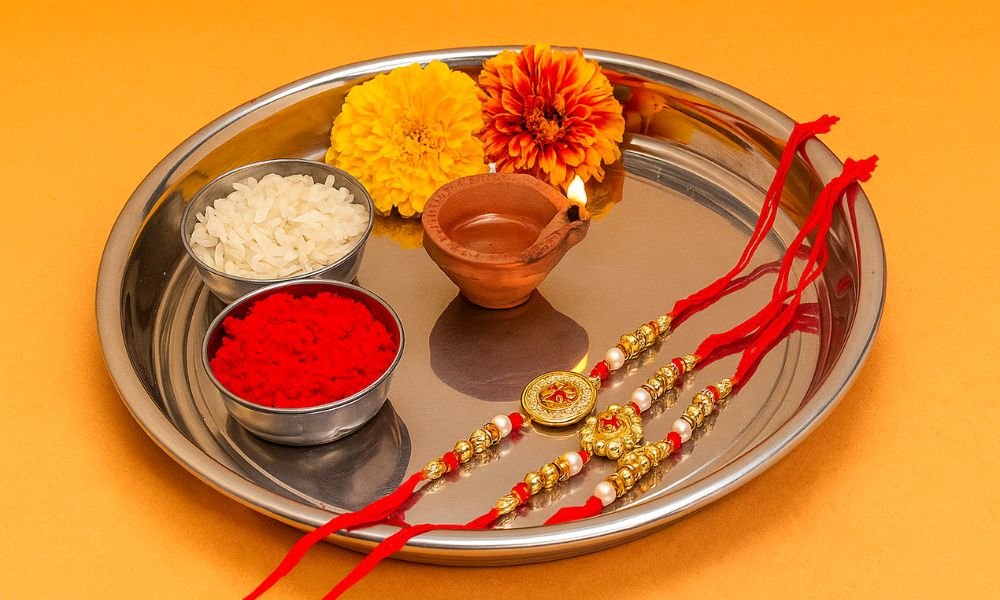
-
The rakhi thali is beautifully arranged with:
-
A diya (lamp),
-
Roli and chawal (vermilion and rice),
-
Sweets like besan laddoo, ghewar, and mawa kachori,
-
A rakhi, and often a coin.
-
The Rituals
- Tilak and Aarti: The sister first applies a tilak of Roli and Chawal on her brother’s forehead, symbolizing her blessings and wishes for his prosperity and long life. This is followed by an aarti, where she waves the lit diya in front of him, praying for his well-being and warding off evil.
- Tying the Rakhi: With prayers on her lips and love in her heart, the sister then carefully ties the rakhi on her brother’s right wrist. As she ties it, she often recites traditional mantras or simply expresses her heartfelt wishes for his protection and happiness.
- Lumba Rakhi Tradition: Unique to Marwaris, the sister also ties a Lumba Rakhi on her sister-in-law’s (bhabhi’s) bangle. This custom recognizes the sister-in-law as an integral part of the brother’s life, signifying that the bond of protection extends to her as well.
- Exchanging Sweets: After the rakhi is tied, the brother offers a sweet to his sister, and she reciprocates, symbolizing the sweetness of their bond.
- The Promise of Protection and Gifts: This is the moment when the brother reaffirms his vow to protect his sister in all circumstances. In return for her love and prayers, he presents her with a gift. These gifts can range from traditional jewelry and clothing to cash or other tokens of affection, signifying his appreciation and love. The thought behind the gift is always more important than its monetary value.
The Significance of Lumba Rakhi

One of the most unique and heartwarming aspects of Marwari Raksha Bandhan is the tradition of “Lumba Rakhi“. Unlike other communities where rakhi is primarily tied to brothers, Marwari sisters also tie a Lumba Rakhi on their bhabhi’s (sister-in-law’s) bangle. This beautiful custom signifies the bond with the entire family, acknowledging the sister-in-law as an integral part of the brother’s life and an extension of the sister’s own family.
The Lumba Rakhi, often more ornate and dangling, symbolizes the strength of the marital bond and the woman’s crucial role in the family. It highlights the Marwari emphasis on strong family units where relationships extend beyond blood ties.
Traditional Marwari Feast After the Rituals
One of the most awaited aspects of the festival is the grand festive meal. Marwari kitchens come alive with the aroma of:
-
Dal Baati Churma – a Rajasthani staple
-
Sweets like Rabdi Ghewar, Malpua, Moti Pak, and Boondi Laddoo
Every household might have their own family-special dish passed down through generations.
Families often sing Rajasthani folk songs dedicated to Raksha Bandhan, making the atmosphere joyous and lively
👀 Read: Jodhpur Famous Food: 15 Must-Try Dishes
Marwari Diaspora and Long-Distance Celebrations
Many Marwaris today live outside Rajasthan, even outside India, especially in business hubs like Mumbai, Delhi, Kolkata, Chennai, Dubai, Singapore, and London. But no matter where they are, Raksha Bandhan remains a non-negotiable event.
Sending Rakhi and Gifts:
-
Sisters courier or order rakhis online well in advance.
-
Some families organize Zoom Rakhi celebrations, with sisters performing the rituals virtually.
Outbound Resource: For beautiful Rajasthani rakhis and traditional sweets, websites like Rakhi Bazaar or IGP.com offer Marwari-style festive packages for national and international delivery.
A Legacy That Continues
Despite changing times, Marwari families continue to keep Raksha Bandhan vibrant and close to its roots. Even among modern, nuclear families, the emotional and spiritual core of the festival remains intact.
Elders pass on stories of their childhood rakhi memories, creating a sense of belonging among younger generations. Many Marwaris even combine the occasion with charitable acts, donating to girls’ education or arranging community rakhi events in towns like Pali, Sikar, and Bikaner.
Conclusion: An Everlasting Bond
For the Marwaris, Raksha Bandhan is not just a festival; it’s an emotion, a ritual of remembrance, and a legacy. It bridges the gap between generations, preserves customs, and nurtures love that transcends time and distance.
Whether it’s the sparkle in a sister’s eyes while tying rakhi or the proud smile of a brother giving his gift, the festival speaks the universal language of affection, values, and respect.

